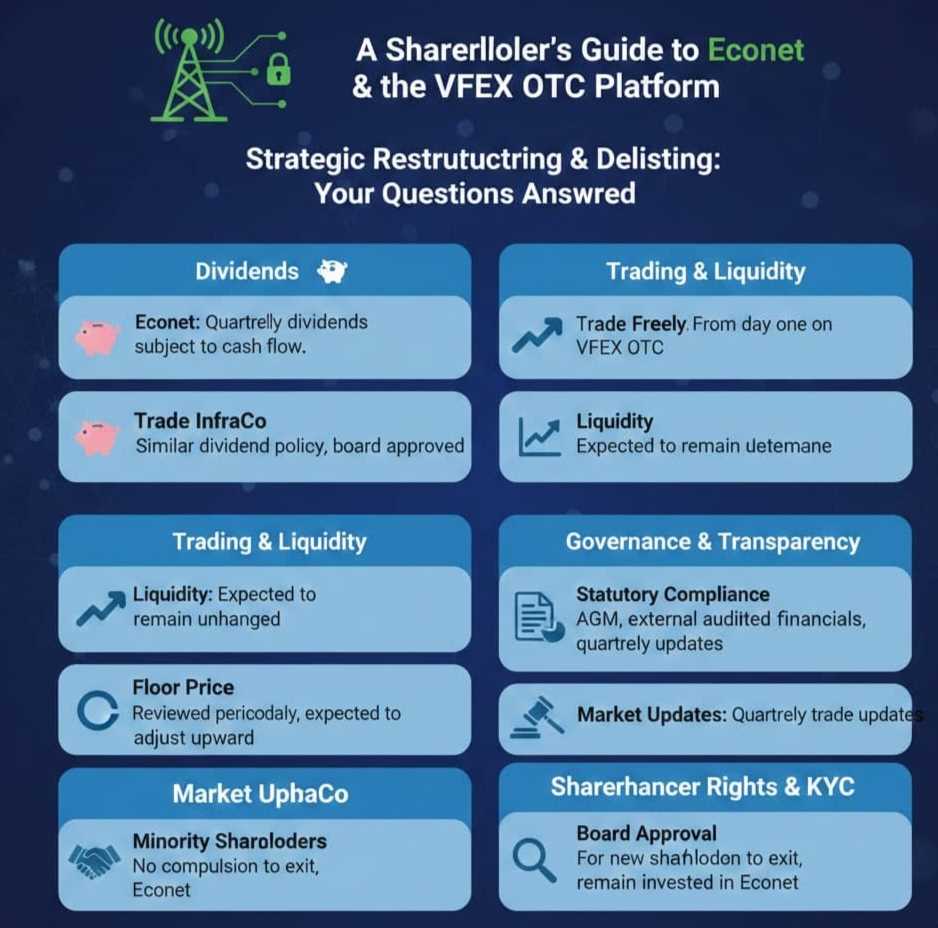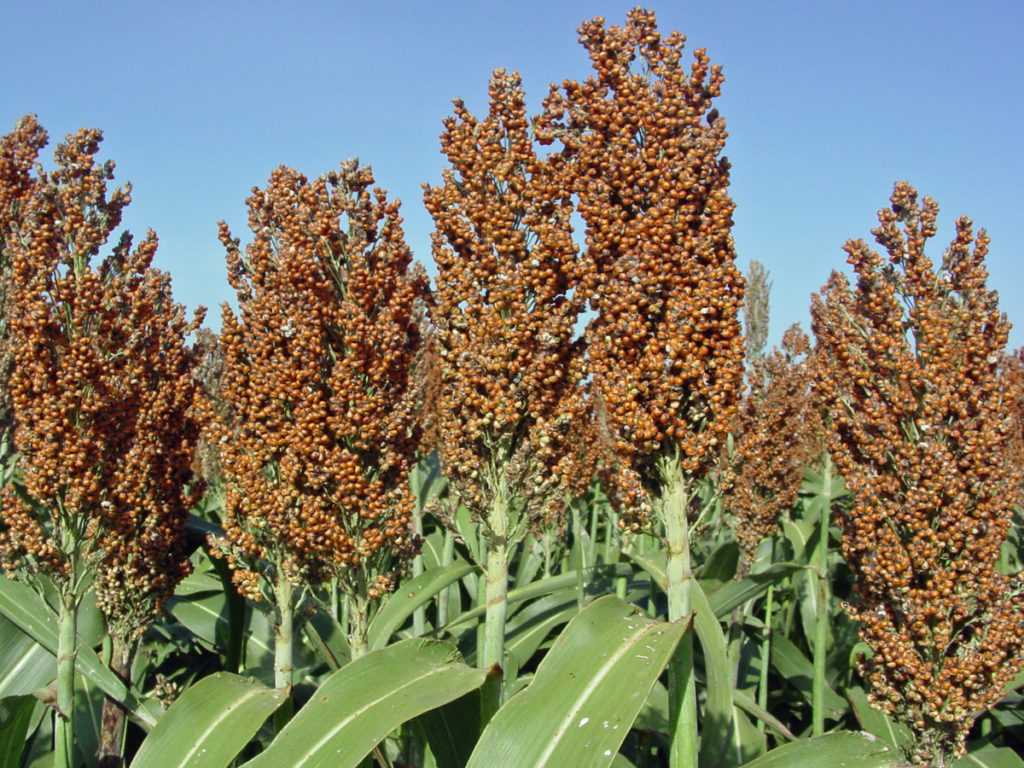
Zim Now Writer
In a bid to bolster the 2024-2025 cropping season, the Zimbabwean government has announced a suspension of import duties on fertilizers brought in by approved importers. This policy, effective immediately, aims to make fertilizers more accessible and affordable for local farmers as the nation seeks to increase agricultural productivity. Finance, Economic Development, and Investment Promotion Minister, Professor Mthuli Ncube, formalized the measure through Statutory Instrument 178 of 2024.
Under the new regulations, fertilizer importers must obtain approval from the Ministry of Lands, Agriculture, Fisheries, Water and Rural Development, led by Dr. Anxious Masuka, to qualify for the duty exemption. Prof. Ncube clarified that only reputable importers capable of meeting supply needs would benefit from this initiative.
The duty suspension, effective for twelve months from the date of the statutory instrument’s publication, adjusts the Customs and Excise (Suspension) Regulations, 2003, with the aim of making fertilizers such as Urea and Ammonium Nitrate more affordable, thus supporting Zimbabwe’s agricultural growth objectives.
“The Minister of Finance, Economic Development and Investment Promotion has, in terms of section 235 as read with section 120 of the Customs and Excise Act [Chapter 23:02], made these regulations,” stated Prof. Ncube in the statutory instrument.
A provision within the directive prohibits approved importers from pricing their fertilizers at levels equal to or above those who have paid duty. Any importer found inflating prices will be required to pay the full duty amount and may incur penalties. This safeguard is intended to prevent exploitation and ensure cost savings are passed on to farmers.
The statutory instrument mandates that “The Ministry responsible for Agriculture shall ensure that approved fertilizer importers adhere to responsible pricing of fertilizers for which the Commissioner would have wholly suspended duty payable.”
Related Stories
If an importer violates the pricing rules, they will face penalties. “Any approved fertilizer importer who sells fertilizers for which duty would have been suspended at prices equal or higher than fertilizers on which duty is ordinarily payable shall be liable to pay the duty suspended and applicable penalties,” the statutory instrument specifies.
To qualify for duty-free imports, importers must hold a valid license issued by the Ministry of Lands, Agriculture, Fisheries, Water, and Rural Development. The Zimbabwe Revenue Authority, represented by the Commissioner, will enforce the regulations, ensuring duty exemptions apply only to those importers who fully comply with the requirements.
The government has also set allocation limits for these fertilizers to manage resources effectively. Importers are restricted to a “ring-fenced” allocation, allowing for the import of up to 100,000 tonnes of Urea and 150,000 tonnes of Ammonium Nitrate. These limits are meant to balance the benefits of duty suspension with the need to meet the nation’s broader agricultural requirements without disrupting the market.
This policy shift is a key component of Zimbabwe’s broader agricultural strategy, which targets a 347 percent increase in production for the upcoming season. Fertilizer is seen as vital for achieving higher yields, particularly for staple crops such as maize. By removing duty on imports, the government aims to improve supply chain stability and reduce costs for farmers, contributing to enhanced productivity and moving the country closer to achieving food security.
The measure comes as Zimbabwe’s agricultural sector faces ongoing challenges, including erratic rainfall and rising input costs. The government has been working to address these issues by enhancing access to essential resources for farmers, viewing agriculture as a cornerstone of economic growth and rural development.
With this duty suspension now in place, stakeholders in the agricultural sector are hopeful for a season with more accessible and affordable fertilizer supplies. Both the Ministry of Agriculture and ZIMRA will closely monitor the program’s implementation to ensure its objectives are met without creating market imbalances.
The Ministry of Agriculture has committed to rigorous oversight, enforcing transparency and accountability among duty-free importers to support Zimbabwean farmers in achieving better yields and improved livelihoods in the 2024-2025 season.




















Leave Comments